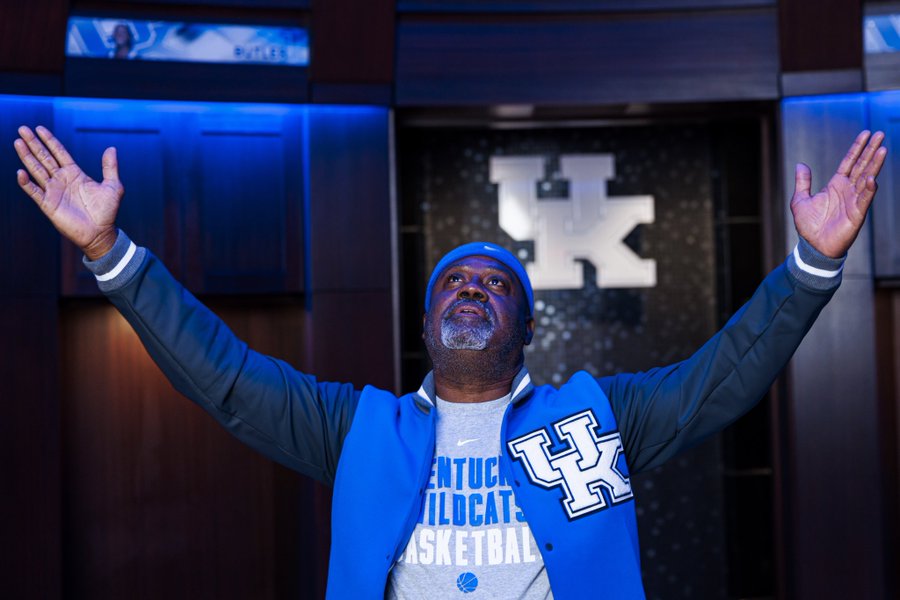Many proposed bills would impact voting more than voter ID legislation
Published 6:04 pm Wednesday, January 15, 2020
EDITORIAL
The Advocate-Messenger
Senate Bill 2, a proposed new voter ID law for Kentucky, has gotten a good amount of attention as this year’s legislative session has begun.
But the actual impacts of requiring all voters to present photo ID in order to vote would be minimal at best. Voter fraud is essentially nonexistent, so there’s no problem to solve. But most voters already use a photo ID, anyway — or even better, they are known personally by the election officials running their polling places.
While SB 2 is being prioritized, there are many other pieces of legislation concerning voting in the commonwealth that would have much bigger impacts if they pass into law. Here are some of the voting bills we think should be getting more attention:
- Senate Bill 18: We’ve written about this bill before. Sponsored by Sen. Ralph Alvarado (R-Winchester), this bill would make first responders and health-care workers eligible for absentee voting.
This is one of those bills that makes you stop and ask, “Wait — we don’t already do that?” Obviously, people needed in emergency situations and first responders who work together to provide us with 24-hour coverage need flexibility in when they can vote — it’s common sense.
- Senate Bill 43 and House Bill 78: These bills sponsored by Sen. Reginald Thomas (D-Lexington) and Rep. Maria Sorolis (D-Louisville) would take flexible voting a step further, by allowing in-person early voting between 9 a.m. and 4 p.m. on the three Saturdays prior to an election.
Early voting would be a great way to encourage more people to vote. It would make it that much easier for people with busy schedules to find a time that works for them and fulfill their civic duty.
We’re not sure about the wide window of time proposed here — people would be allowed to vote as many as 24 days prior to an election, and a lot can happen in 24 days that could cause some to regret their decisions. But conceptually speaking, early voting has the potential to strengthen participation in the democratic process, thereby strengthening the mandate given to those who are elected.
- Senate Bill 62, House Bill 6 and House Bill 119 would all propose amendments to the Kentucky Constitution to expand voting rights for people who have previously been convicted of felonies.
SB 62, sponsored by Sen. Jimmy Higdon (R-Lebanon) would give voting rights back to former felons five years after completing their sentences, except for violent and sex offenders.
HB 6, primarily sponsored by Rep. Charles Booker (D-Louisville), would restore voting rights immediately after people complete their sentences, including time on probation or parole.
HB 119, primarily sponsored by Rep. George Brown (D-Lexington), would restore voting rights after a sentence is completed, except for those convicted of murder, certain sex offenses and bribery in an election.
We hope legislators can come to agreement on one of these or a similar bill and put the question before Kentucky voters. Felon disenfranchisement is an unnecessary, unrelated and cruel punishment. It is rooted in racism and only serves as an obstacle to successful reintegration of those who made mistakes in the past. It’s time for it to go away.
- House Bill 101: Sponsored by Rep. Tom Burch (D-Louisville), HB 101 would allow for voter preregistration by 16- and 17-year-olds. And it would get information about preregistration into our public schools so teens would be aware they could register even before they could vote.
This would be a great way to get teens thinking about voting and their responsibilities as citizens early. Voter turnout among young adults is painfully low; this bill would help address that problem.
- House Bill 227, sponsored by Rep. Les Yates (R-Winchester), would remove straight-party voting as an option on Kentucky ballots. Voters could obviously still vote for all the Republicans or Democrats if they chose to; there simply wouldn’t be an option to give up voting for individual candidates in favor of a single vote for one party or the other.
This is a long overdue change. Straight-party voting has no place in our democratic system. It dumbs down voting. It discriminates against minor political parties and independents. And it promotes the “us vs. them” mentality that has led to so much disunity and dysfunction in our government today.






